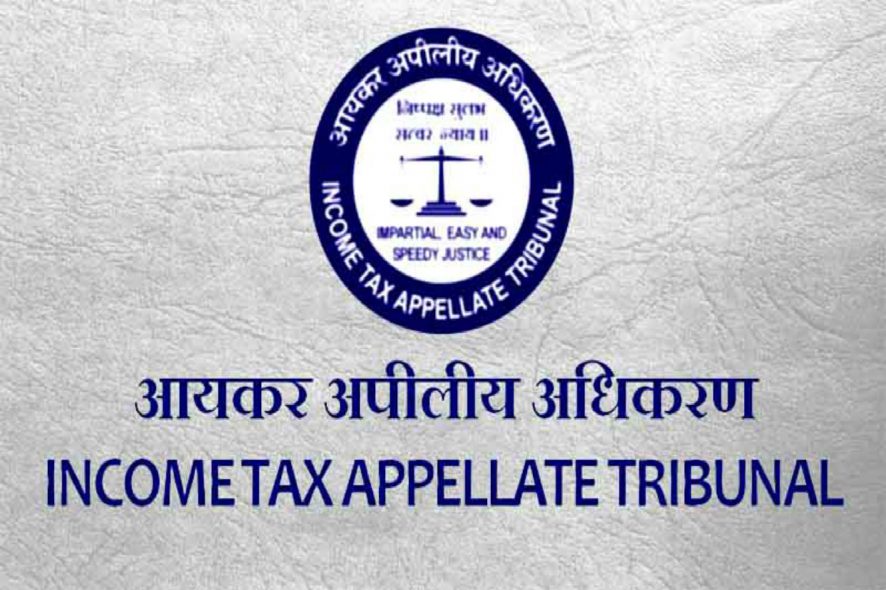Income Tax Appellate Tribunal, Bangalore: Dealing with the issue of whether the CIT(A) was justified in confirming the addition of amount representing 15% of the sale proceeds deducted by the Monitory committee from e-auction sale of mineral stock belonging to the Assessee and which was contributed to SPV, as per the direction given by the Supreme Court, the ITAT held that the amount deducted @ 15% from the sale proceeds constitute trading receipts in the hands of the Assessee, but at the same time it is allowable as deduction u/s 37(1) of the Income Tax Act, 1961.
Over rampant mining in the state Karnataka the Supreme Court in the case of Samaj Parivartana Samudaya v. State of Karnataka, (2019) 17 SCC 753 imposed a complete ban on mining in the district of Bellary. Further, after application and request the mining work was resumed after categorizing the mines in three segments ‘A’, ‘B’ and ‘C’, depending on various types of violations by Lessee and financial obligation were created on account of damages and loss caused to the forest and environment by contravention of laws
The Assessee was a partnership firm and is engaged in the business of extraction of iron ore by taking lease of lands from Government. The mines owned by the Assessee herein have been categorised as “B” category mines. Hence 15% of sale, proceeds have been deducted by Monitoring Committee during the years under consideration.
The Assessee had reduced the above-said amounts from the gross sale proceeds and accordingly declared only net sale proceeds as its income in both the years. Assessment proceedings were initiated whereby the AO held that: –
- Entire sale proceeds as per E-auction bit sheets/invoices has to be assessed to tax as trading receipts. Hence it constitutes income in the hands of the Assessee.
- The amount retained by CEC/MC, as per directions of the Supreme Court on behalf of the Assessee, which is given to the Special Purpose Vehicle (SPV) is on account of damages and loss caused to the forest and environment by contravention of laws. The said amount cannot be allowed as deduction out of sale proceeds even after the accrual of such liability which is being compensation and penal in nature for contravention of laws. The amount so retained for adjusting penalty and other liabilities is nothing but the appropriation of the profit of the Assesse
- SPV established for Social-economic development of the mining area is nothing but relating to Corporate Social responsibility only. Hence it is not allowable u/s 37(1), as it was not incurred by the Assessee wholly and exclusively for the purpose of business. It was retained to meet the penal and other liabilities for contravention of law and therefore, the said amount cannot be allowed as deduction in view of the specific Explanation to section 37(1) of the Act.
The CIT(A) confirmed the view taken by the AO. Being aggrieved by the said order, the Assessee preferred an Appeal before the ITAT, whereby ITAT held that:
“It cannot be said that these amounts are penal in nature. The Assessee could not have resumed the mining operations. Therefore, these expenses are incidental to carrying on the business and hence allowable u/s 37(1) of the Act.”
“In view of the foregoing discussions and also following the decision rendered by the co-ordinate benches, we hold that the amount deducted @ 15% from the sale proceeds constitute trading receipts in the hands of the Assessee, but at the same time it is allowable as deduction u/s 37(1) of the Act. Accordingly, we set aside the order passed by Ld. CIT(A) on this issue in both the years under consideration and direct the AO to delete the impugned addition in both the years.”
Thus the Appeal preferred by the Assessee was allowed and the ITAT was pleased to hold the amount deducted @ 15% from the sale proceeds constitute trading receipts in the hands of the Assessee, but at the same time it is allowable as deduction u/s 37(1) of the Act.
[M/s. M. Hanumantha Rao Vs. A.C.I.T I.T.A. No. 3298 % 3299/Bang/2018. Decided on 25.02.2021].
† Advocate, Supreme Court of India and Delhi High Court








Very well written deep research of the topic is making it very clear and effective.